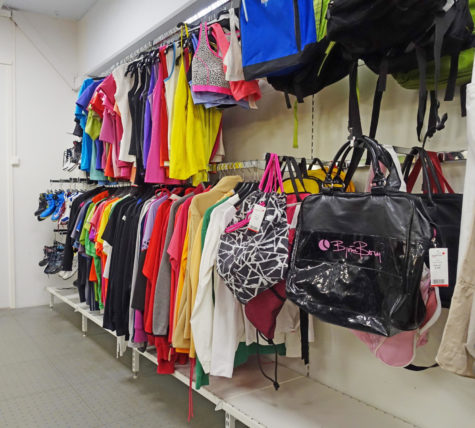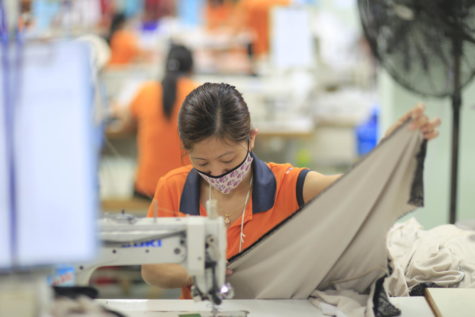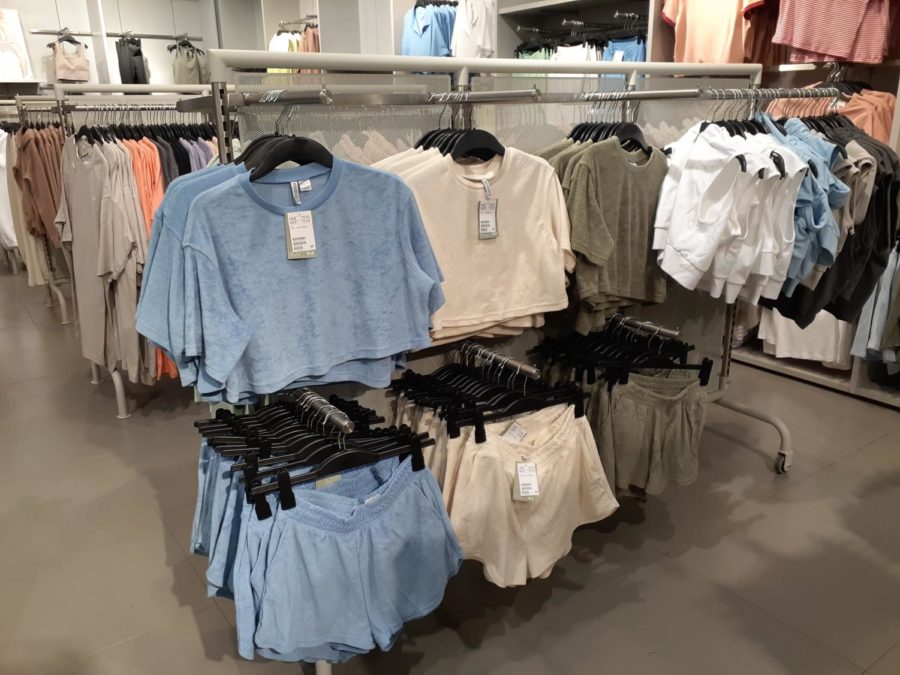Finding lead in fast fashion
SHEIN has recently gone under fire after a Canada university study found toxic levels of lead in some of their products, as well as other fast fashion brands.
Online Chinese fast fashion retailer, SHEIN, recently came under fire after dangerous levels of toxic chemicals were found in their products.
A university in Canada conducted a study on the amount of toxic chemicals found in fast fashion, with companies like SHEIN and AliExpress being tested. Researchers discovered dangerous levels of lead in the products, especially SHEIN’s clothing. A jacket marketed for toddlers had over twenty times the amount of lead deemed safe for children by Canadian health officials.
About a year prior to this incident, SHEIN was also making headlines for their unethical and poor work conditions in the factories, with up to 14-hour-long days and cramped conditions with few windows or fire exits. This is a major violation of Chinese labor laws since workers are forced to endure about 75 hours a week of labor when they should only be working 40. As a result of this practice, many consumers were deterred from ordering from their website.
“Yeah, I stopped buying from them after I saw a video where it showed how the workers were treated,” junior Annalise Evans commented. “I always wanted to buy stuff from SHEIN, but those poor workers man.”

Despite these unethical practices, SHEIN remained one of the leading fast fashion companies in the U.S, with many willing to overlook the controversies revolving around the online storefront. However, recent discovery of dangerously high amounts of lead in some of their products may not be something shoppers can turn a blind eye to.
“Dude, this gave me more reason to just delete the app; I keep hearing bad things about it,” Johanna Philips, a freshman, stated. “I think their clothes are cute but it makes me like, feel guilty.”
Being exposed to higher levels of lead can have severe consequences on the human body, especially among younger people and pregnant women. According to the CDC, exposure can impede growth development in children and cause brain damage, which is especially jarring since one of the products with toxic levels was a jacket for toddlers.
Although many shoppers are worried about the possible health and ethical implications of SHEIN, not everyone is deterred by this.
“People are only attacking SHEIN because it’s become so popular,” Mia Everlee, a senior, explained. “It’s [lead] in like everything, even high-end brands. The only reason people are coming for SHEIN is because it’s cheap. I’m so tired of being told everything is bad for us.”

For some, SHEIN’s affordable clothing is reason enough to continue their loyalty to the brand, while others have become more conscious of what brands like AliExpress and SHEIN are creating.
“Imagine the workers,” Evans reiterated. “Like yeah it’s bad for the people buying stuff, but what about the people making them? I don’t know why people don’t care about their well-being, too.”
Both Shein and AliExpress removed the products from their sites after the study’s results were shared, and plan to make changes moving forward to better the brand.
Your donation will support the student journalists of Wiregrass Ranch High School. Your contribution will allow us to purchase equipment and cover our annual website hosting costs.

Daniela is a junior at Wiregrass Ranch and this is her first year writing for The Stampede. She is a member of Key Club, Project Hope Club, and Earth Club....






